Does consciousness only arise in biological beings? Or, is it possible that a computer that observes, interacts, and represents its own internal state to itself might also give rise to consciousness? These were some of the questions posed to Bernardo Kastrup, Susan Schneider and Donald Hoffman in a recent debate for the IAI, ‘Consciousness in the machine’. Bernardo Kastrup reflects on the debate and his disagreement with Susan Schneider.
I recently took part in a debate organised by the IAI—featuring Donald Hoffman and Susan Schneider, next to yours truly—on the question of whether silicon computers running Artificial Intelligence (AI) software will ever become conscious. As a metaphysical idealist, I believe consciousness isn’t generated by any substrate—biological or otherwise—for it is primary. But private conscious inner life, seemingly separate from the rest of nature and delineated by the boundaries of a physical entity, is clearly something that has emerged in conjunction with biology. So, to me the question translates as: can private consciousness potentially occur in association with silicon computers?
This question is very close to my heart, for I’ve been a computer engineer for longer than I’ve been a philosopher. To me, the hypothesis of ‘conscious AI’ is just about as plausible as that of the Flying Spaghetti Monster (FSM). I admittedly can’t categorically refute the hypothesis, for the same reason that I can’t categorically refute the FSM. But just like the FSM, I don’t think we have any good reason to take the hypothesis seriously at all. Here’s why.
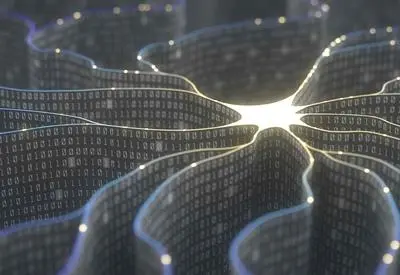 SUGGESTED READING
Big tech doesn’t want AI to become conscious
By Susan Schneider
SUGGESTED READING
Big tech doesn’t want AI to become conscious
By Susan Schneider
I can run a detailed simulation of kidney function, exquisitely accurate down to the molecular level, on the very iMac I am using to write these words. But no sane person will think that my iMac might suddenly urinate on my desk upon running the simulation, no matter how accurate the latter is. After all, a simulation of kidney function is not kidney function; it’s a simulation thereof, incommensurable with the thing simulated. We all understand this difference without difficulty in the case of urine production. But when it comes to consciousness, some suddenly part with their capacity for critical reasoning: they think that a simulation of the patterns of information flow in a human brain might actually become conscious like the human brain. How peculiar.
Where does this abandonment of a healthy sense of plausibility come from? Those who take the hypothesis of conscious AI seriously do so based on an appallingly biased notion of isomorphism—a correspondence of form, or similarity—between how humans think and AI computers process data. To find that similarity, however, one must take several steps of abstraction away from concrete, empirical reality. After all, if you lay an actual human brain and an actual silicon computer open on a table before you, you will be overwhelmed by how different they are, structurally and functionally. A moist brain is based on carbon, burns ATP for energy, functions through metabolism, processes data through neurotransmitter releases, etc. A dry computer, on the other hand, is based on silicon, uses a differential in electric potential for energy, functions by moving electric charges around, processes data through opening and closing electrical switches called transistors, etc.










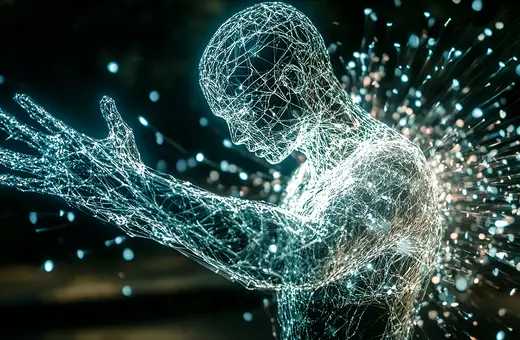

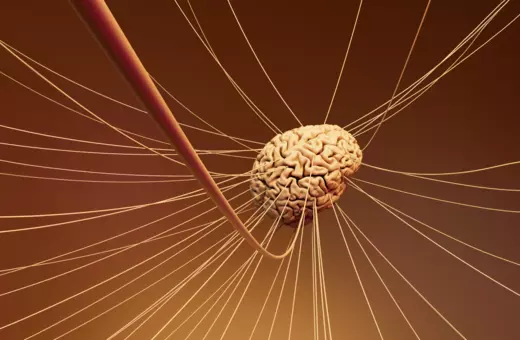
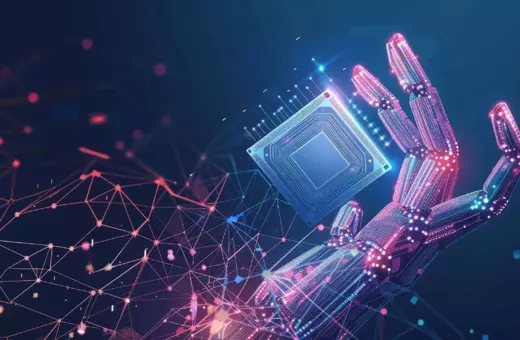

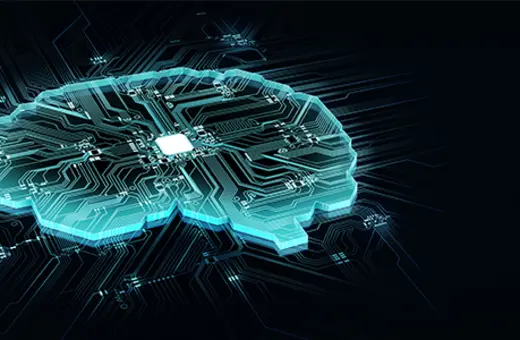




Join the conversation